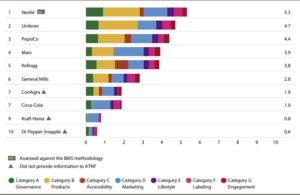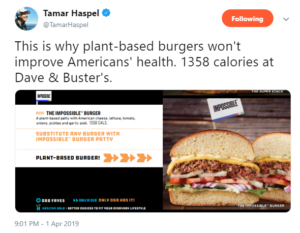Industry-funded study of the week: Coca-Cola again
Here is a summary of another funded study with results the funder must love.
Joint associations between weekday and weekend physical activity or sedentary time and childhood obesity. Li N, and 19 additional authors for the ISCOLE Research Group. International Journal of Obesity (2019) 43:691–700.
Conclusions: Lower levels of MVPA [moderate to vigorous physical activity] or higher levels of sedentary time on either weekdays or weekend were associated with increased odds of obesity in 9–11 year old children in 12 countries.
Funding: The International Study of Childhood Obesity, Lifestyle and the Environment (ISCOLE) was funded by The Coca-Cola Company… With the exception of requiring that the study be global in nature, the funder had no role in the design and conduct of the study; collection, management, analysis and interpretation of the data; and preparation, review or approval of the manuscript.
Comment: This is another paper from the ISCOLE study funded by Coca-Cola, that seems to be aimed at casting doubt on the idea that sugary beverages might promote weight gain. Instead, these results suggest that physical activity is a more important factor. Of course physical activity is important for health, but doesn’t expend nearly as many calories as is usually needed to compensate for soft drink intake.
I learned about this study from a Weighty Matters blog post by Dr. Yoni Freedhoff, who runs a weight management center in Ottawa. In his view, the ISCOLE study ignores evidence that childhood obesity is a determinant of physical activity, “not the other way around.”
He also questions the “no influence” statement in the funding disclosure, on the basis of
emails between ISCOLE investigators and Coca-Cola that not surprisingly suggests that these relationships have the very real potential to influence the framing of results even if funders [are] not involved in study design.
As I discuss in Unsavory Truth, the influence of food-industry funders appears to occur at an unconscious level; investigators do not recognize the influence and typically deny it.
As I also discuss in that book, Coca-Cola generously funded the ISCOLE study some years ago. It has since changed its policy on research funding.



